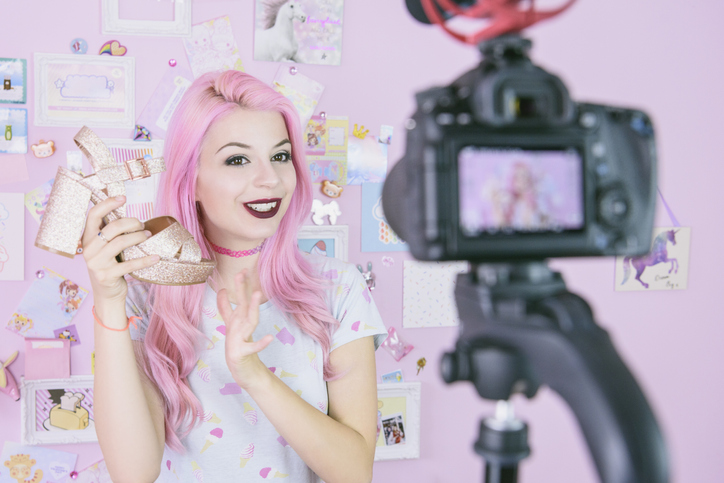Influencers aren’t all they’re made out to be, according to new research revealing that almost two thirds of online shoppers shun celebrity influencers when shopping online.
The tables have turned when it comes to the impact influencer marketing is having on consumers, with more and more consumers saying everyday shoppers have more of an impact on their purchasing behaviour than influencers.
Fashion and lifestyle bloggers have a bigger influence on consumer purchasing behaviour than royals, models, actors or sportspeople with one in five shoppers turning to bloggers to help inform shopping decisions, according to the research from Bazaarvoice.
Everyday shoppers have the greatest power to sway buyers according to the findings with 80 per cent of the more than 1,300 shoppers surveyed saying that they seek shoppers’ reviews before making an online purchase.
More than six in ten shoppers also said they feel that celebrity influencers are out of date and just 5 per cent of Aussie shoppers said their purchasing habits are influenced by the royals.
Kate Musgrove, Managing Director at Bazaarvoice said the research shows that consumers are looking for authenticity in retail marketing.
“Dove’s ‘Real Beauty’ Campaign launched in 2006 started a marketing revolution where consumers applauded and voted with their wallets for authenticity. This has been shown to be closely linked to trust. If a consumer can see real authentic feedback or photos they will trust the brand more than if they see a heavily filtered and airbrushed photo. If a retailer opens itself up to user generated content in the form of reviews – good and bad – this will instil greater trust from shoppers.”
Other findings from the research:
- Both women and men are both most influenced by ‘People Like Me’
- Of celebrity and quasi-celebrity influencers, the research found that men are most responsive to bloggers (14.4%), sportspeople (14.2%) and well-known business people (11.3%)
- For women, bloggers (23%) and models (11%) carried most power in influencing purchasing
- Politicians are the least well received influencers, with just under 3% of all respondents favouring them. Male respondents answered more than double in favour of politicians (4.1%) compared with women (1.9%).

